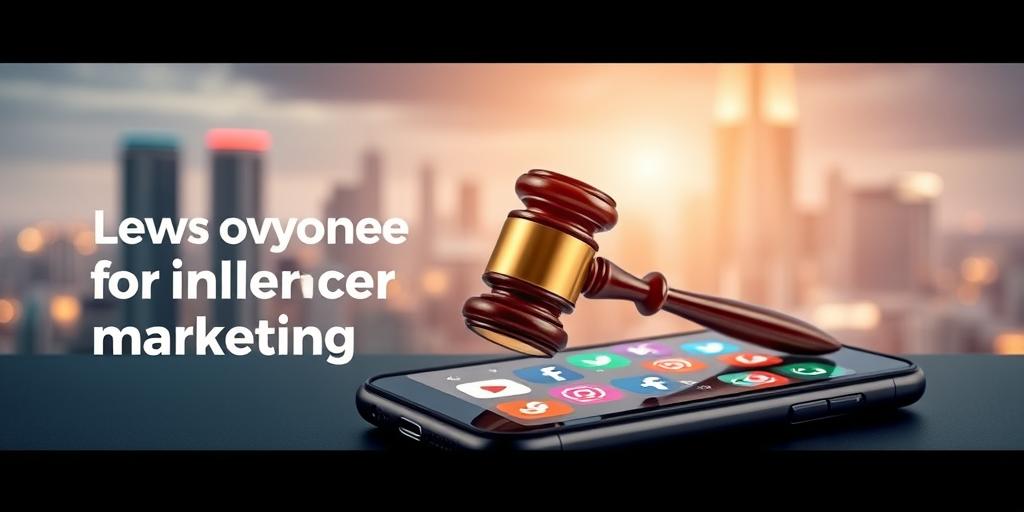The influencer marketing industry is projected to reach unprecedented heights by 2025, but this growth comes with increased scrutiny and evolving legal frameworks. Understanding the legal landscape is crucial for influencers and brands alike to avoid potential pitfalls and ensure compliance. This post will delve into the key legal considerations for influencers in 2025.
Disclosure Requirements
Transparency remains paramount. The Federal Trade Commission (FTC) and similar regulatory bodies worldwide are intensifying their focus on clear and conspicuous disclosures. This means influencers must explicitly state when content is sponsored, an ad, or part of an affiliate marketing program.
- Clear Language: Use straightforward terms like ‘#ad,’ ‘#sponsored,’ or ‘paid partnership.’
- Prominent Placement: Disclosures should be visible without requiring viewers to click ‘see more.’
- Verbal Mentions: For video and audio content, verbal disclosures are essential.
Intellectual Property Rights
Navigating copyright laws is increasingly complex. Influencers must ensure they have the rights to use any music, images, or other copyrighted material in their content. Brands also face scrutiny for using influencer-generated content without proper licensing.
- Licensing Agreements: Secure necessary licenses for all copyrighted material.
- Original Content: Creating original content minimizes the risk of copyright infringement.
- Usage Rights: Brands must define clear usage rights in their contracts with influencers.
Data Privacy and GDPR Compliance
Data privacy regulations, such as the General Data Protection Regulation (GDPR), significantly impact how influencers collect and use personal data. Compliance is essential to avoid hefty fines.
- Consent: Obtain explicit consent before collecting personal data from followers.
- Data Security: Implement robust security measures to protect personal data.
- Privacy Policies: Maintain transparent privacy policies that detail data collection and usage practices.
Endorsement Guidelines and Product Claims
Influencers are responsible for the accuracy of their product endorsements and claims. Misleading or unsubstantiated claims can lead to legal action.
- Truthful Testimonials: Ensure endorsements reflect genuine experiences.
- Substantiated Claims: Back up product claims with reliable evidence.
- Expert Endorsements: If presenting as an expert, ensure qualifications are verifiable.
Contractual Agreements
Well-defined contracts between influencers and brands are crucial for outlining expectations, responsibilities, and liabilities. Ambiguous contracts can lead to disputes and legal challenges.
- Scope of Work: Clearly define deliverables, timelines, and performance metrics.
- Payment Terms: Specify payment schedules, methods, and any performance-based bonuses.
- Termination Clauses: Include clauses outlining conditions for contract termination.
The Future of Influencer Law
As the influencer landscape evolves, legal frameworks will continue to adapt. Staying informed about emerging regulations and best practices is essential for influencers and brands to thrive in a compliant and ethical manner. Consulting with legal professionals specializing in influencer marketing can provide valuable guidance and ensure adherence to the latest legal standards.
